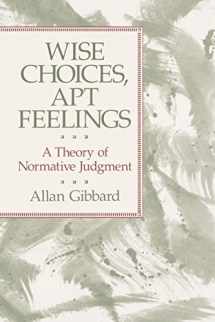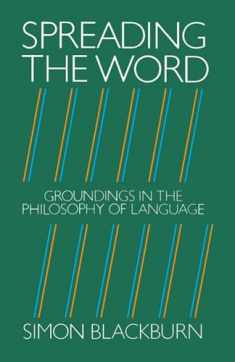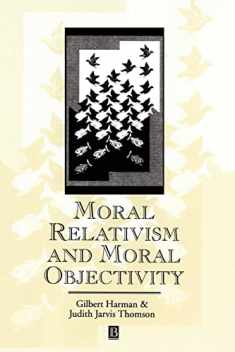
Wise Choices, Apt Feelings: A Theory of Normative Judgment
Book details
Summary
Description
This book examines some of the deepest questions in philosophy: What is involved in judging a belief, action, or feeling to be rational? What place does morality have in the kind of life it makes most sense to lead? How are to understand claims to objectivity in moral judgments and in judgments of rationality? When we find ourselves in fundamental disagreement with whole communities, how can we understand out disagreement and cope with it? To shed light on such issues, Alan Gibbard develops what he calls a "norm-expressivstic analysis" of rationality. He refines this analysis by drawing on evolutionary theory and experimental psychology, as well as on more traditional moral and political philosophy. What emrges is an interpretation of human normative life, with its quandaries and disputes over what is rational and irrational, morally right and morally wrong. Judgments of what it makes sense to do, to think, and to feel, Gibbard agrues, are central to shaping the way we live our lives. Gibbard does not hesitate to take up a wide variety of possible difficulties for his analysis. This sensitivity to the true complexity of the sudject matter gives his treatment a special richness and depth. The fundamental importance of the issues he addresses and the freshness and suggestiveness of the account he puts forward, along with his illuminating treatment of aspects of sociobiology theory, will ensure this book a warm reception from philosophers, social scientists, and others with a series interest in the nature of human thought and action.


We would LOVE it if you could help us and other readers by reviewing the book
Book review





